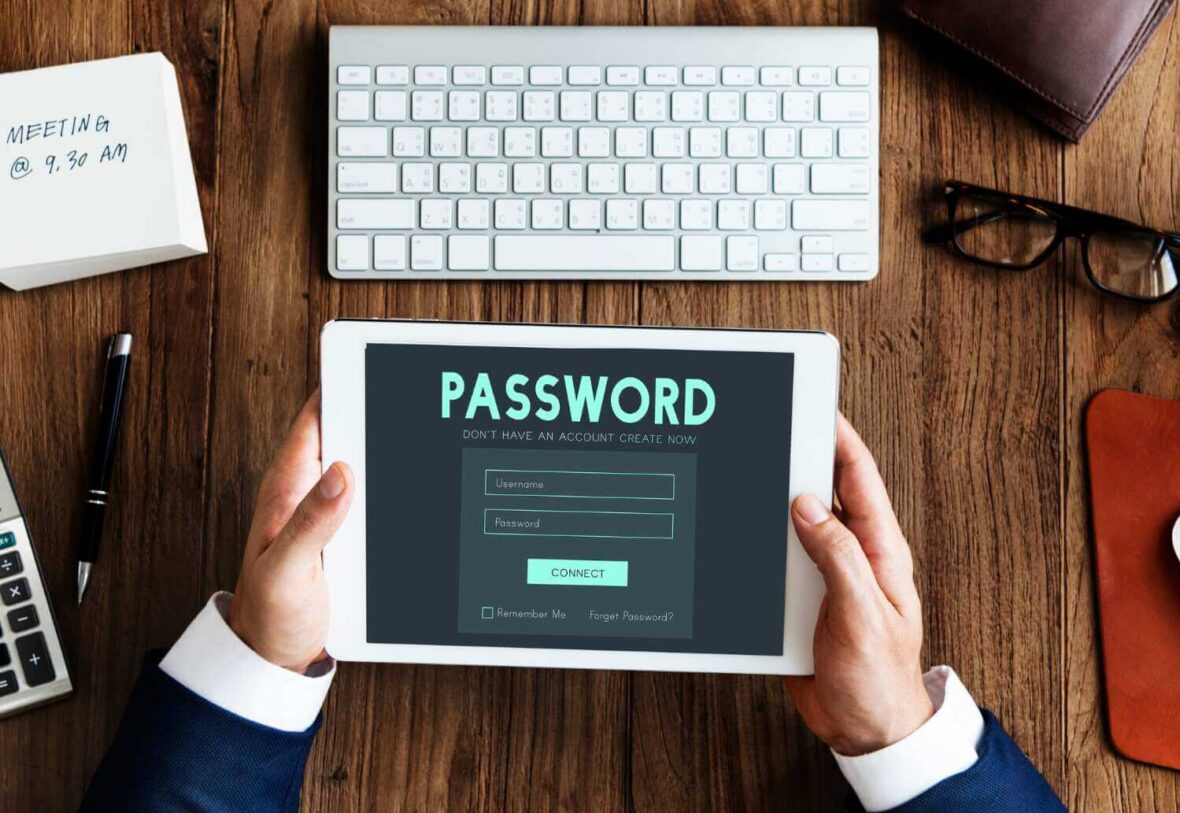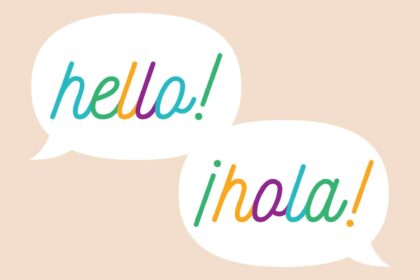Just imagine that someone could access your house any time they wanted without consulting you. Or someone can access your bank account and withdraw your cash as they please, and there’s absolutely nothing you do about it. Or, to make it worse, someone can post whatever they want on your social media without considering your concepts of decorum?
People use digital padlocks called passwords to prevent unauthorized people from accessing the information. All your online engagements are like little rooms you administer. This means you are answerable to everyone for whatever you post on social media, and sometimes it may not be public relations but your enterprise finances.
So, how do you keep your password secure and easy to memorize with enhanced security? The following five alternatives will help you have better security.
Contents
1. Face Detection
Face detection uses computer-generated filters to transform face images into numerical expressions and compare them to determine their similarity.
Face recognition can replace passwords and make our accounts more secure and hard to hack. For enhanced security, face detection could be employed for two-factor verification. You are safer with your accounts if you have this and a strong password.
Organizations can partner with reliable third-party agencies to implement this highly advanced authentication method within their premises. Doing so will also eliminate any irregularities related to verifying a user’s identity.
2. Fingerprints

You must know about this colossal method. People have used it in identification, especially for official purposes like National Identification Documents and biometric systems. Fingerprints are unique features that cannot be shared even by identical tweens.
You can use fingerprints independently or with passwords for multi-factor authentication for personal use. However, it is safe for organizations to use it independently to grant access to employees and officers. It also calls for more care, and one should remember all who are registered to access entry through the use of fingerprints.
3. Using a Mix of Words and Numerical Symbols
Most people use passwords that are easy to guess because they make them simple, but simplicity is not the problem. We need security, not an additional assignment of memorizing complex passwords. Security is enhanced by anonymity, not the complexity of a password. You may make it hard and forget. Don’t use the traditional 1 to 9, your phone, or your ID number.
However, sometimes the only things easily remembered are those same numbers readily available in the memory. This is where a mix of the numerical and words come in. If you use your ID and a word only you know, it will be difficult for someone to guess it. While employing this, avoid your name, nickname, or things that people associate you with usually. This technique is good for social media accounts.
4. Multi-Factor Verification
This is another hack that has proved very helpful to many people. It requires a user to provide a password as the first factor followed by a different factor, in most cases, either a security code or a biometric factor, such as a fingerprint or facial scan. After keying in your password, you must employ the second factor before being granted authentication. If someone has accessed your password, they will be limited by the second factor. In simple terms, multi-factor verification adds another layer of security to your verification process that will leave a hacker stranded.
However, this also calls for more care because it can lock you out too. Do you remember changing your phone and not updating your contact details for your two-step verification? If so, you might need careful monitoring of your details too.
5. Password Managers
A password manager is an ultra-modern hack to the issue of passwords. So what is a password manager? A password manager is a computer program that enables users to create and manage their passwords for local applications and online services. It also helps you log in automatically without having to type your password. It helps users to generate and reclaim complex passwords, stores them, and makes them available in times of need (when you want to access your accounts).
Multiple password manager providers override the market. Out of these many providers, you can find your best based on your need, operating system, and the most crucial consideration—the ability to pay. For safety and convenience, it is highly recommended to do more research to find which one suits your need; that said, NordPass and 1Password are two popular password managers that are pocket friendly. However, don’t close your privileges and opportunities for better and more appropriate services with this two.
Conclusion
Passwords are handy to keep our private affairs and activities where they should be. However, numerous reliable password alternatives help users eliminate the hassle of remembering complex characters or numbers. Try employing the mentioned five alternatives to make your authentication easier, secure, and fun.
Author Bio : Lisa D’Souza is a passionate writer & guest blogger. Writing helps her to improve her knowledge, skills & understanding about the specific industry. She loves writing & sharing her knowledge mostly in the health industry. She believes health is the real wealth & wants to spread her belief across the world. Apart from writing, she loves traveling & cooking.




